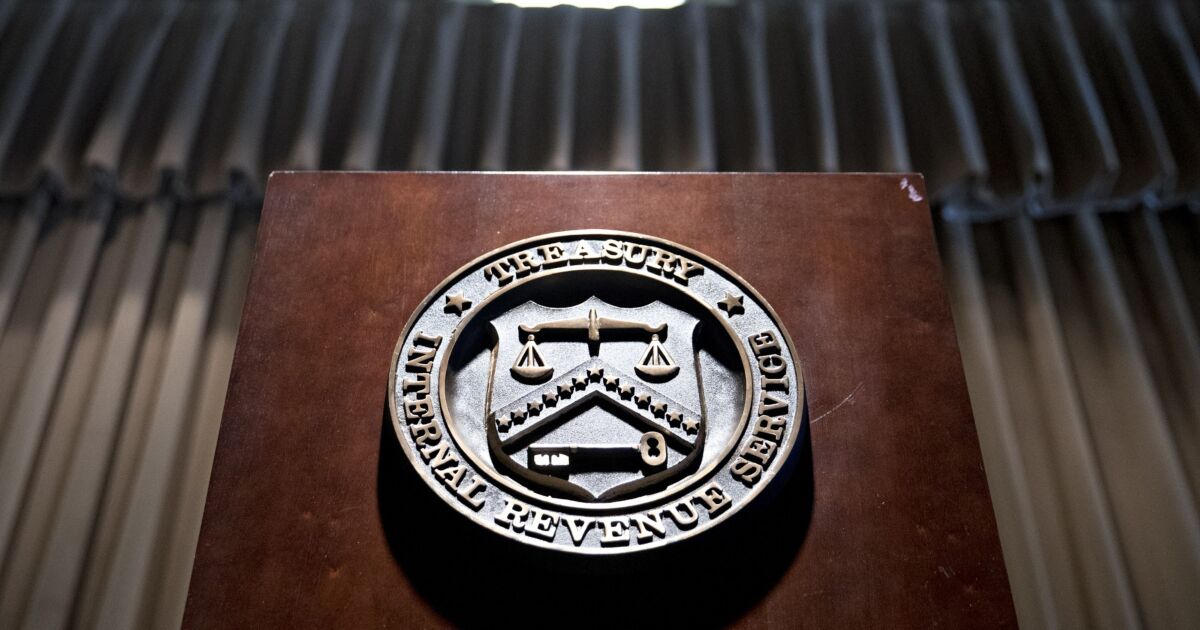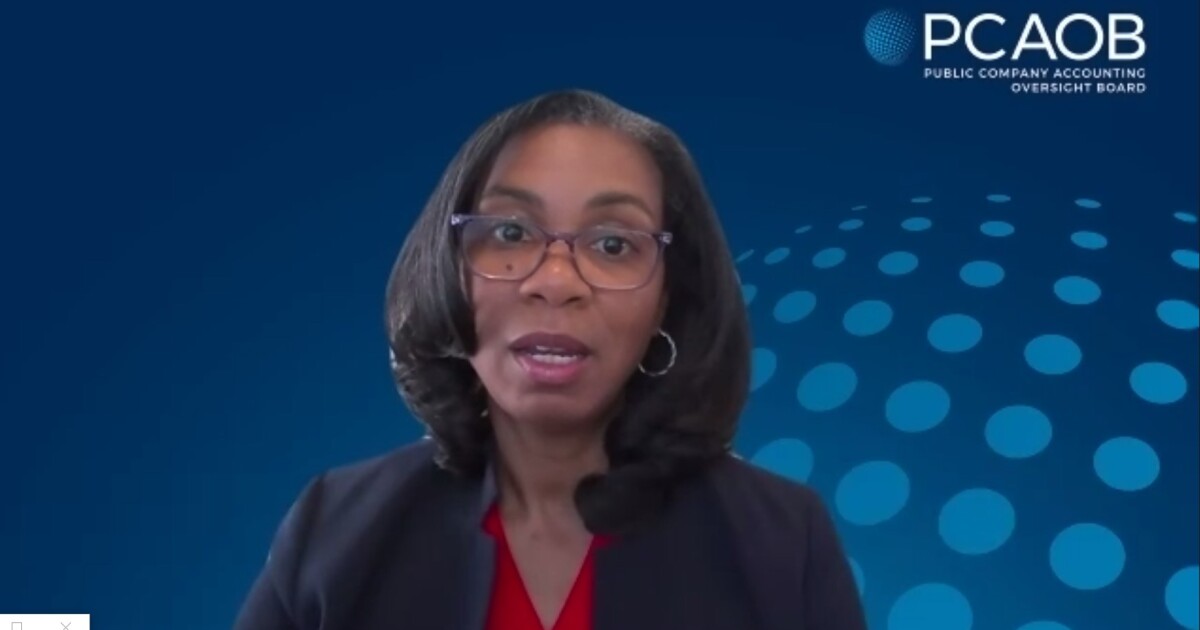The working group being formed by the Internal Revenue Service to go after high-net-worth taxpayers that utilize pass-throughs and complex tax strategies to minimize their tax obligations has been called a game-changer, putting the wealthiest 1% on notice that their financial strategies are now in the crosshairs of a team with the expertise to cut through the complex structures they utilize to avoid tax.
“The current administration wants to show Congress that they have a sincere focus on complex partnership structures and high-net-worth individuals,” said Rob Wall, a partner at law firm Akerman LLP and a member of the firm’s tax practice group. “You could see this coming eight years ago in the Bipartisan Budget Act of 2015. That act completely revamped how the IRS examines partnerships. It focused on partnerships that have non-individual entities as ownership, and allows for opt out by smaller partnerships. The old audit regime dates back to the 1982 TEFRA requirements. So from 2015 on it’s been on the horizon.”
When the law changes like that, it signals to tax professionals that Congress can agree that this is a problem. “Most of the pros that I talk to and work with have seen this on the horizon,” said Wall. “They anticipated that there would be a focus on larger and more structured partnerships.”
The new group will be a specialty unit within the Large Business & International Division, according to Wall: “They’re still in the process of forming it — it’s just a pronouncement. It’s in the theoretical stage, but it’s a start.

“The big hurdle to overcome will be the actual staffing,” he predicted. “It’s a bigger hurdle than anyone wants to acknowledge. They’ve had staffing issues for a while, and frankly in some respects they compete with the private sector for an elite number of accounting professionals who can understand and deal with these issues.”
“I have regular conversations with CPAs from small firms up to the Big Four,” said Wall, whose father and brother are both CPAs. “There’s a huge demand for these folk. The IRS might not be competing for all of them, but it is competing for many of them. The IRS contemplates hiring 3,700 of these.”
“I think once they get ramped up and running, we’ll see more audits, not necessarily quickly due to the structure and nature of the new audit rules,” he said.
He expects to see the new group generating more frequent and more time-consuming audits for large partnerships. “Once you have a large partnership that involves other partnerships, it’s opening a box of potential issues on multiple entities,” he explained. “The real target is private equity and the hedge fund industry, but most of them have been warned and have very talented accountants working for them, so it will be interesting. It’s not cut and dried like listed transactions or syndicated conservation easements or the [Employee Retention Credit].”
Activity has already begun. The IRS said that it will open examinations of 75 of the largest multibillion-dollar partnerships by the end of September 2023; will begin mailing approximately 500 partnerships regarding balance sheet discrepancies during October 2023, and may begin audits if responses are not satisfactory; and will intensify work on taxpayers with total positive income above $1 million that have more than $250,000 in recognized tax debt by contacting about 1,600 such taxpayers with “dozens of revenue officers focusing on these high-end collection cases in FY 2024.”




